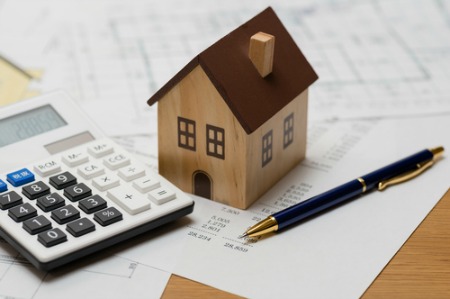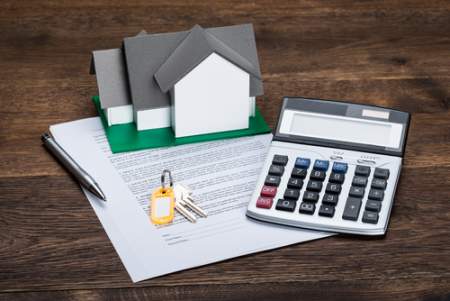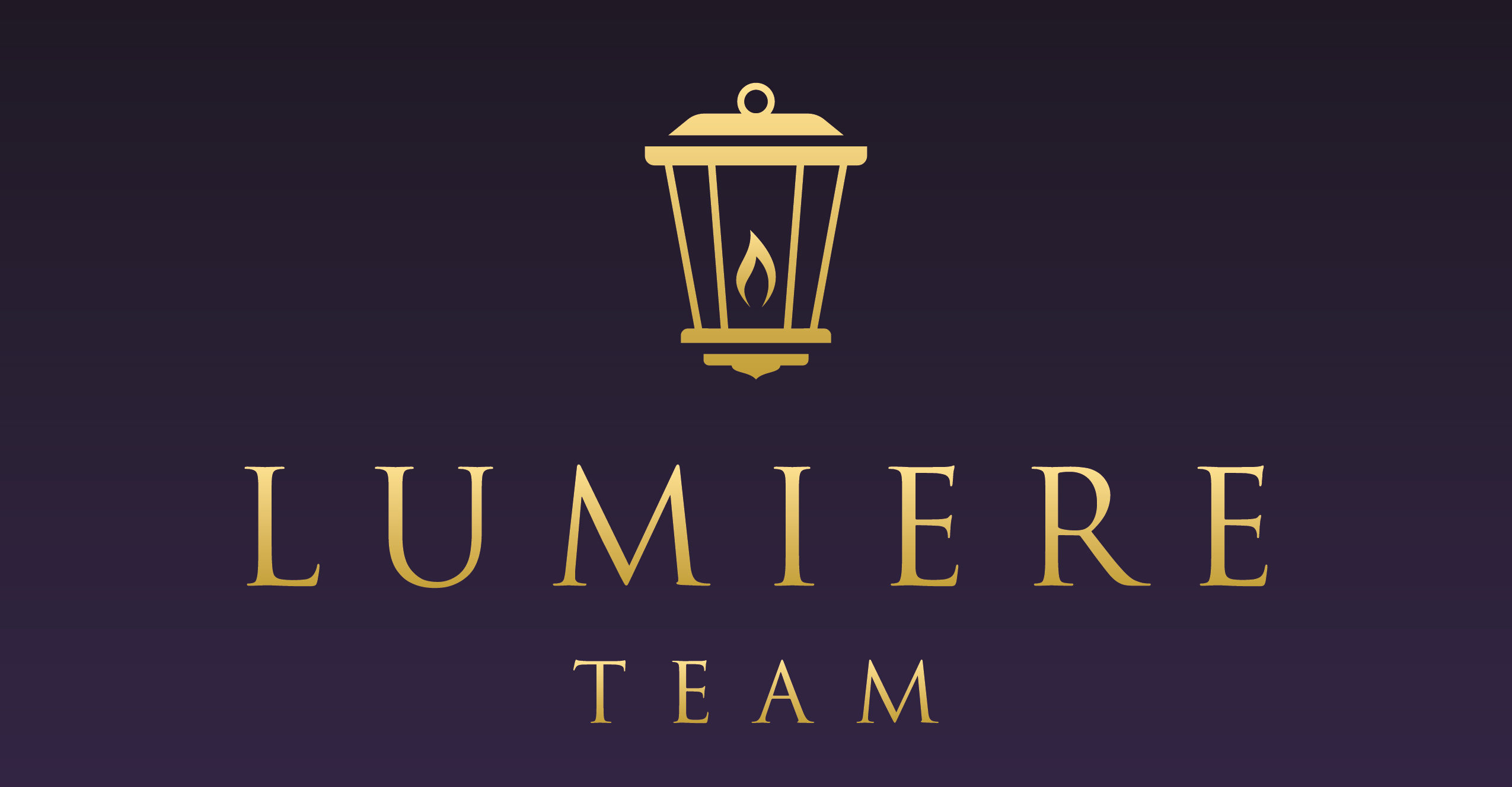Purchasing a house is often a considerable expense for many people. It’s something that requires careful budgeting and planning for months, or even years at a time in some instances.
A home is a place where most of us live for years at a time, so it isn’t a decision that should be made lightly. Closing costs are part of buying a home.
These charges are assessed once the transaction has been finalized. They aren’t included in the list price of the property, but are usually around two to five percent of the overall price of the home.
Buying a home in Memphis, TN can take time. The entire process may take several weeks to complete from start to finish. Having a proper plan in place, a good budget and a positive outlook can help you accomplish this goal.
Lender Fees
These are some of the fees often charged by mortgage lenders. The amounts and types of fees may vary by state and lending institution.
Your mortgage lender should be able to provide a breakdown of these costs so that you know what you’re getting into before signing a loan agreement.
- Loan Application Fee: This is a fee charged for processing the loan application. Most loan application fees range from $100 to $500. The exact amount can vary from one lender to another.
- Loan Origination Fee: Loan origination fees are assessed for starting a mortgage loan. This fee is usually about 1 percent of the total cost of the mortgage loan.

- Prepaid Interest: Prepaid interest is the first month of mortgage interest. Many institutions charge for this interest on a daily basis, although some have been known to charge prepaid interest on a weekly or bi-weekly basis or they may charge the full month’s amount all at once.
- Discount Points: Discount points are often an optional fee. They are added to reduce the interest rate of the loan. The average cost for discount points is one percent of the total mortgage loan for every quarter point (0.25%) that the interest rate is reduced.
Third Party Fees
Third-party fees pay for the services of attorneys, home inspectors, appraisers and other personnel.
These charges are due at closing. Individually, these charges are rather small, ranging from about $25 to $500 or more, depending on the service and the laws and regulations in your area.
- Home Appraisal Fee: A home appraisal is usually conducted after a purchase agreement is in place. A qualified appraiser will review the interior and exterior of the home. They will then issue a report with their appraised value of the home. A home appraisal can cost anywhere from $200 to $500 on average.
- Credit Report Fee: Lenders usually request a credit report before they can preapprove a person for a home mortgage loan. Credit report fees are usually around $50 or less. You may want to request your own credit report before applying for a loan. That way, you can address any issues or discrepancies that may be found.
- Mortgage Insurance Fee: Mortgage insurance policies are taken out as a safeguard for the lender. If the borrower should happen to default on the loan, the lender is covered. These policies are priced based on percentage rates, often at about 1 to 3 percent of the total amount of the loan.
- Tax Service Fee: A tax service fee may be charged, depending on local or state regulations. This fee is charged to make sure that the borrower is paying their required taxes for the full amount and on schedule. Tax service fees are typically $100 or less.
Homeowner Fees
Most homeowner fees are assessed on a monthly or annual basis. Escrow accounts are usually established to make sure that the buyer can pay for these items. An escrow is a temporary bank account where money is set aside for these charges until the closing has been completed.
- Homeowners Insurance: Homeowner’s insurance is recommended in many home purchases. It protects the owner from damage or theft. They can also cover homeowners if a guest is injured on their property or if the homeowner accidentally damages property that belongs to someone else. These policies can range from a few hundred to a few thousand dollars annually, depending on the insurer, type of house and area. You may qualify for a discount if you already have other active insurance policies with the same insurance company or agent.

- Property Taxes: Property taxes are assessed by state and local governments. They are usually billed twice a year. Property taxes can vary greatly depending on where you live. They are often around $1000 to $3000 or more annually.
- Escrow Account Fees: Escrow account fees are charged for establishing an escrow account from which tax and insurance payments can be taken from. Escrow fees are usually a flat amount (around $250 to $500 on average) or as a percentage of the total home sale price (often around 1 to 3 percent at most).
- Homeowners Association Dues: If the house that you’re buying belongs to a townhome, condo or other type of homeowner’s association, you’ll be responsible for monthly homeowners’ association dues.These fees are often different from one organization to the next. They typically range from around $150 to $400 or more, depending on the rates set by the particular association.
Your lender and realtor should be able to provide you with more accurate closing cost information.
They may not have exact charges right away until a purchase agreement is signed, but at least you’ll have a realistic estimate so that you know how much money you’ll have to set aside for closing costs.
Keep in mind the fact that you’ll also need to have enough money for your down payment, monthly mortgage payments and utility bills and other related expenses.
Conclusion
Once you’ve decided to purchase a home, you should start saving for the purchase as soon as possible. Take some time to review your current income and expenses. If there are redundant or unnecessary costs, now is the time to eliminate them.
If you have other loans, credit card balances or other outstanding debt, make every effort to pay them off or down as much as possible. All of this affects your credit rating. The better your credit rating and credit score is, the more likely you will be pre-approved for a mortgage loan.

After the closing costs have been paid and final paperwork has been signed, the seller will receive their check for the proceeds from the sale. You’ll be given the keys to your new home. You can start moving in as soon as you’re ready.
You’ve cleared some major hurdles, which is something that you can take pride in and celebrate. You’ve accomplished the goal of owning the house that you’ve wanted. It should be a place that you’ll be glad to call home for many years to come.
Have Questions? Ask The Lumiere Team!
Your real estate agent is the best source of information about the local community and real estate topics. Give Rebecca Edwards call today at to learn more about local areas, discuss selling a house, or tour available homes for sale.

